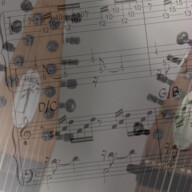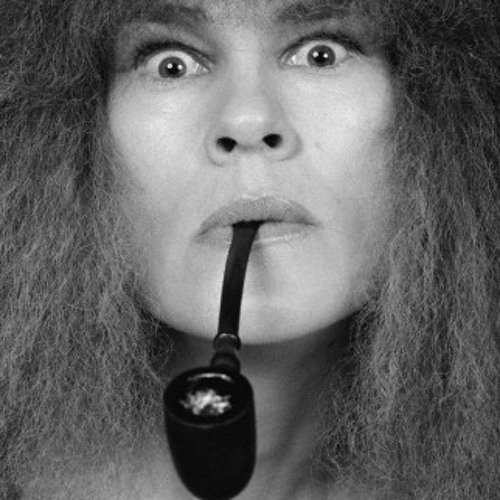

The 50-year-old with the golden pipes can be a larger-than-life performer, both in person and coming out of your headphones. If you’ve followed vocalist Kurt Elling over the arc of his 25-year career, you’re no doubt familiar with his exuberant persona and the kinds of songs that he sings so well. A Secret in Three Views, inspired by the fusion bassist Jaco Pastorius and the 13th-century mystic Rumi, becomes a heady workout for electric guitar and organ. Washing of the Water is buoyed by righteous redemption, while Marquis Hill’s trumpet lends American Tune the loneliness of a Salvation Army band in the rain. Hear how the asphalt angst of Lonely Town crumbles as Elling roams through the rhythm like a pilgrim in joyous isolation. Then the drummer Jeff “Tain” Watts kicks off, the saxophonist Branford Marsalis sneaks in and the preaching has a pulse. Elling, a beatnik maverick whose style has matured into the mysterious and mesmerising, is the thread that draws it together.Įven so, when the singer starts his first number, A Hard Rain’s A-Gonna Fall, a cappella, we fear we shall not be moved. It’s a philosophical patchwork where each element counts, but a deeper meaning arises from the whole. The poetry of Wallace Stevens and Franz Wright is sung to new music. So Bob Dylan and Paul Simon’s social consciousness rubs against Leonard Bernstein’s Broadway. Not a swinging safe space, but a calm arena where patriotism and protest become poetry and peace. He juxtaposes entertaining and inspirational songs to suggest a centre of reflection. Yet when the American jazz singer Kurt Elling addresses today’s turmoil he preserves his artistry by doing it obliquely. Escapism is crushed under the iron heel of activism. When art takes on politics, politics usually wins. The track begins spaciously, piano and guitar blend delicately over a swish of drums and Elling wrings the last drop of emotion out of lyric and line.Ī philosophical patchwork where each element counts, but a deeper meaning arises from the whole The album ends with whines of Johnny McLean’s guitar introducing Johnny Mercer and Hoagy Carmichael’s “Skylark”. And the brooding Joey Calderazzo original, “The Enchantress” finds Elling drawing on Wallace Stevens’ “The Idea of Order at Key West”.Įlsewhere, Paul Simon’s “American Tune” and Peter Gabriel’s “Washing of the Water” are sparsely arranged Elling highlights, Calderazzo delivers a searching piano solo on Bernstein’s “Lonely Town”, and Branford Marsalis’s soprano sax sparkles on Rodgers and Hammerstein’s “I Have Dreamed”. Other poetic references include lyrics from Sara Teasdale’s poem “Winter Stars” set to Carla Bley’s “Lawns” - the piece, re-titled “Endless Lawns”, features a winsome trumpet solo from Marquis Hill. It’s nothing to be afraid of, the poem suggests, hence the upbeat music arranged by the band’s pianist, Stu Mindeman.

“A Happy Thought” follows, a poem by the American poet Franz Wright, themed on the inevitability of death. It’s a far cry from the original, but carries emotional weight. Elling’s diction and pitching are perfect, producer/saxophonist Branford Marsalis spins modal jazz and the track ends with a thunder of Jeff Watts’ drums.

The album opens with a cover of Bob Dylan’s “A Hard Rain’s A-Gonna Fall”. “Perhaps you will gradually, without noticing it, live the answer”. “Live the questions now,” quotes the CD sleeve from Rainer Maria Rilke’s Letters to a Young Poet. But the supple jazz score suggests that it is in the journey that answers might be found. Press notes tell us that the questions of the title range from the existential “What is this life?” to the pertinent and political “Why is there such suffering and pain? Vocalist Kurt Elling’s gripping CD addresses the issues raised by juxtaposing protest songs with poetry and following showtune classics with Elling’s literate vocalese.Īnswers are hinted at. The vocalist juxtaposes protest songs with poetry and follows showtune classics with literate vocalese. Kurt Elling: The Questions - ‘a supple jazz score’


 0 kommentar(er)
0 kommentar(er)
